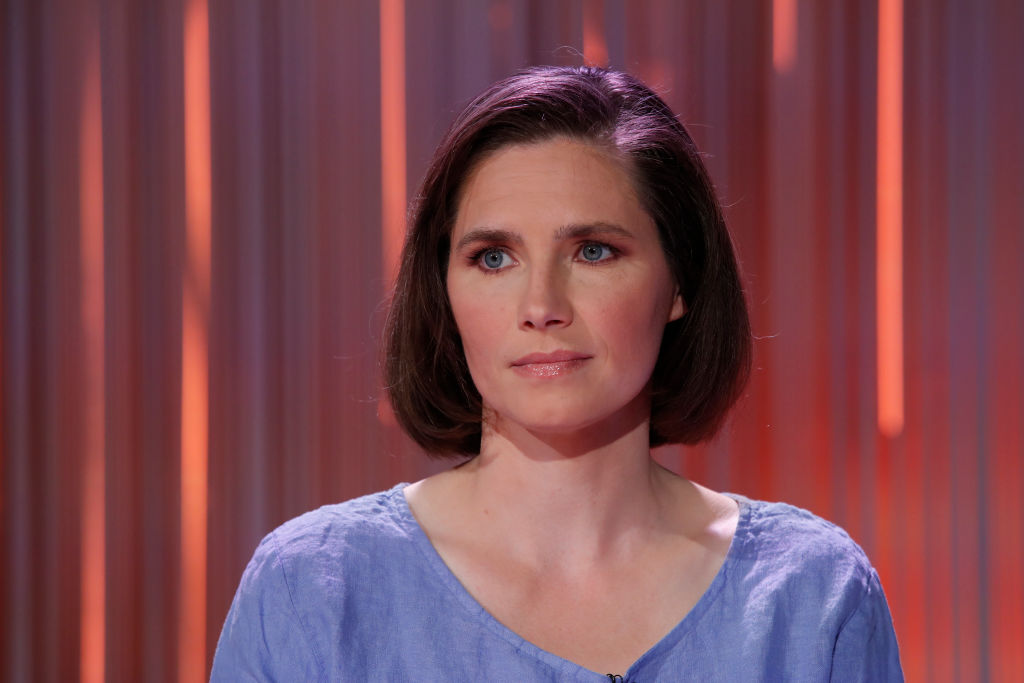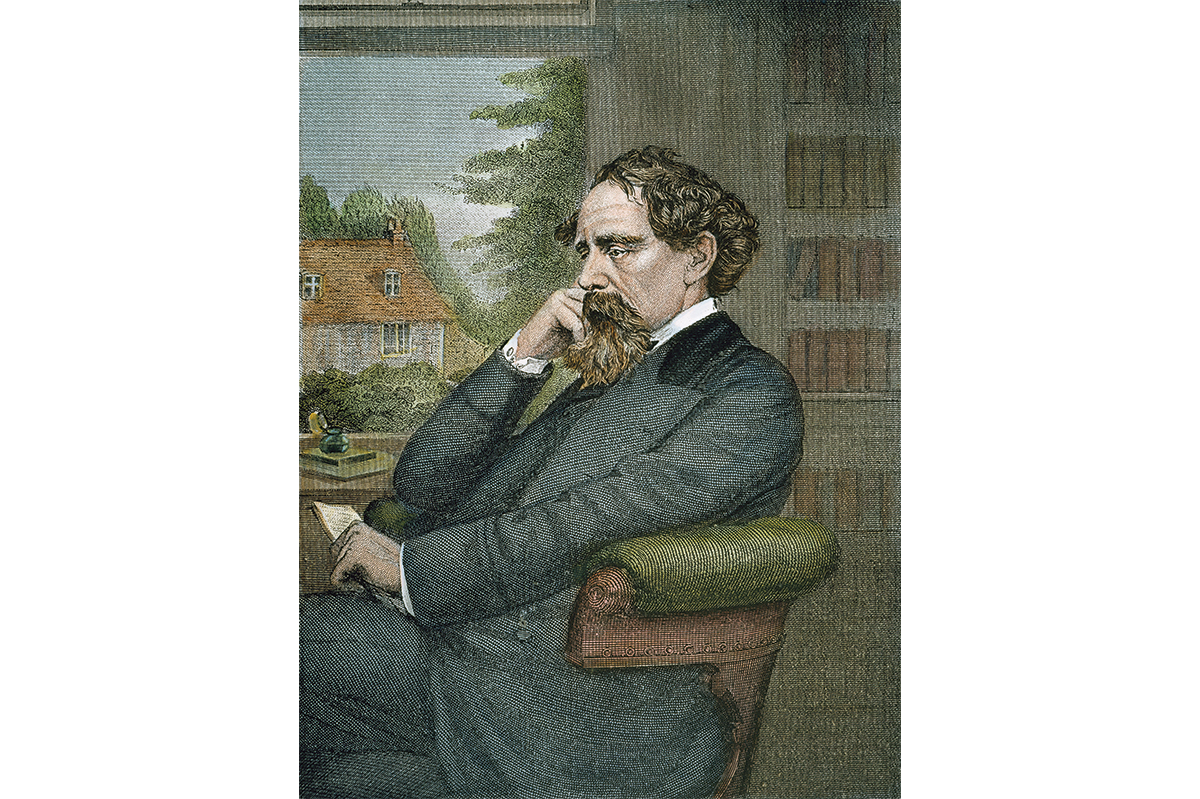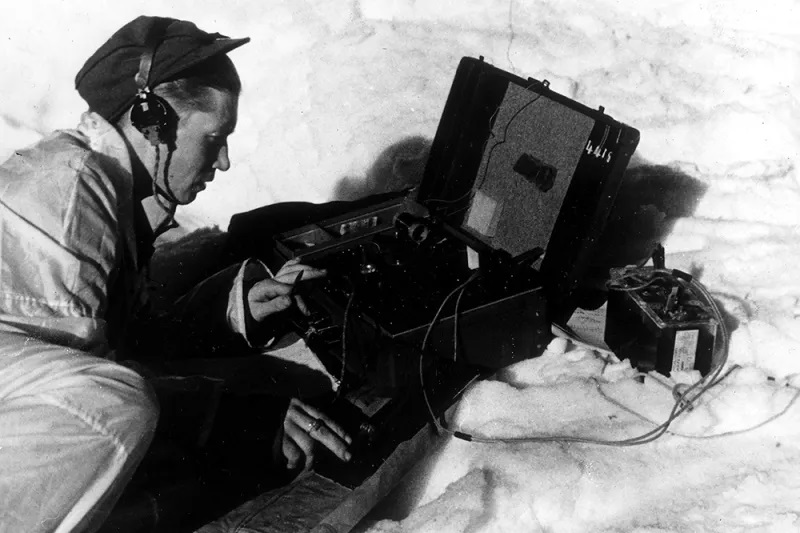The Irish novelist Anne Enright is now in her sixties. Her deceptively modest, funny and nuanced new novel, The Wren, The Wren, opens with a long section narrated by Nell, a woman in her early twenties living in contemporary Dublin. Nell scrapes by, “writing content non-stop:” travel pieces about places she’s never been to, stories for a wealthy “actress/eco-influencer.” Adrift and vulnerable, she falls into an on-off relationship with a man called Felim, who is emotionally cruel and photographs her naked without her permission.
With this extended portrait of a much younger woman, Enright quietly establishes her excellence. Laid against similar endeavors by writers of her generation — Lorrie Moore’s A Gate at the Stairs (2009), Deborah Levy’s August Blue (2023) — Enright demonstrates a rare fluency in the language of youth. This doesn’t mean that Nell’s narration sounds like it was written by a 23-year-old. We get to have it both ways: Enright articulates certain insights better than a younger writer might be able to, yet Nell still convinces as a millennial (or possibly even a Gen Z-er).
Her voice alternates with third-person sections filtered through the perspective of her mother Carmel. From Carmel, we learn about Nell’s famous grandfather, Phil McDaragh, a womanizing poet who left Carmel’s mother, struggling with breast cancer, when Carmel and her sister were still in their teens. Carmel has led a tightly independent life, raising Nell alone (the pregnancy was the result of a fling). As a teenager, Nell looks round the spotless bathroom and wonders: “Was there a woman on the planet more boring than my mother?” But the reader, with privileged access to each woman’s view of the other, has a different understanding of what the quiet, stable home with its carefully curated interiors represents for Carmel.
This duet between the generations and Enright’s facility in these two contrasting idioms lend the novel its unique texture. Enright is wonderfully funny about the way the two women engage with technology. Here is Nell, belatedly realizing that her consciousness has merged with her phone: “I put on some toast, check the app to see have I got my period yet. Seriously. I think my phone will know this before I do. I set it down on the counter like, I just did that.” And here is Carmel, doing battle with WhatsApp: “Perhaps she could try for an emoji. Aedemar was big into emojis, though Carmel found them hard to understand. She sent an image of the sun wearing dark glasses. What did that mean?”
In fact, this novel is trilingual. About two-thirds of the way through we are briefly plunged back into Phil McDaragh’s rural childhood, in counterpoint to the modern Irish cityscape. This section climaxes in a gripping description of badger-baiting — a formative episode for Phil, and the motherlode of a potent seam of violence that ripples through the novel.
Phil is long dead by the time we meet Nell and Carmel. But his poems and his presence haunt the narrative, in Carmel’s slippery memories of her complicated love for her father, and in the form of a clip of an interview he gave in the 1980s. Both Nell and Carmel stumble across the video and grapple, in their different ways, with their heritage, with Phil’s charm and with his unmistakable aura of danger.
Multiple voices serve Enright well; she expertly arranges echoes and juxtapositions to achieve both psychological depth and formal beauty. This is why this new book and The Green Road are my favorite of her novels, as compared to the lone narrators of The Gathering, Forgotten Waltz and Actress. If The Green Road, which channels the four Madigan siblings and their difficult mother Rose, is a full chorus, The Wren, The Wren sings a sparer song, composed of just a few intertwining strands.
The present-day plot is minimal. Nell gets bruised by Felim, chafes against her mother’s love, does some travelling and achieves a kind of resolution. But there is a lot distilled into this simple vessel: a coming-of-age novel by an older woman, told with a swooping, intergenerational perspective; a complex portrait of a changing Ireland; an intelligent commentary on shifting sexual norms (the novel’s various sex scenes are highlights, handled with honesty and humor); a muted meditation on the environment.
And then there is the language. The text is studded with Phil’s poems — but the real poetry is to be found in Enright’s prose, which is on sparkling form throughout. Her narrators notice everything. The call of the nightjar is “a distant sewing machine, shifting down a gear and then up.” In the prissy bathroom that occasions Nell’s contempt there’s “a wicker bin with a compostable liner that billows under one yellowed cotton bud, shiny at the tip.” Carmel’s mother’s bandages have “dreadful, stiffening stains.” And there’s her adult speculation that her father’s breath must have been terrible, thanks to his meaty diet — “though she never noticed it when she clambered up into his lap to put her fingers in his mouth, and pull, and let the gum spring back. Flup. Flup.” Details like these are more than just details. They are the hemoglobin pulsing through the arteries of Enright’s characters in this shortish novel that is long on real people.
This article was originally published in The Spectator’s UK magazine. Subscribe to the World edition here.





















